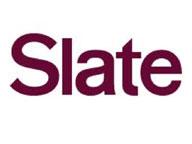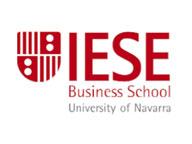Faculty News
—
An interview with Prof. Nouriel Roubini on the euro zone and US economic growth
—

Excerpt from The Economic Times -- "The euro should be falling on a fundamental basis towards a parity with the US dollar to give a fighting chance for Greece, Ireland, Portugal, Italy and Spain to survive in the euro zone."
Faculty News
—

Excerpt from The Economic Times -- "The euro should be falling on a fundamental basis towards a parity with the US dollar to give a fighting chance for Greece, Ireland, Portugal, Italy and Spain to survive in the euro zone."



















